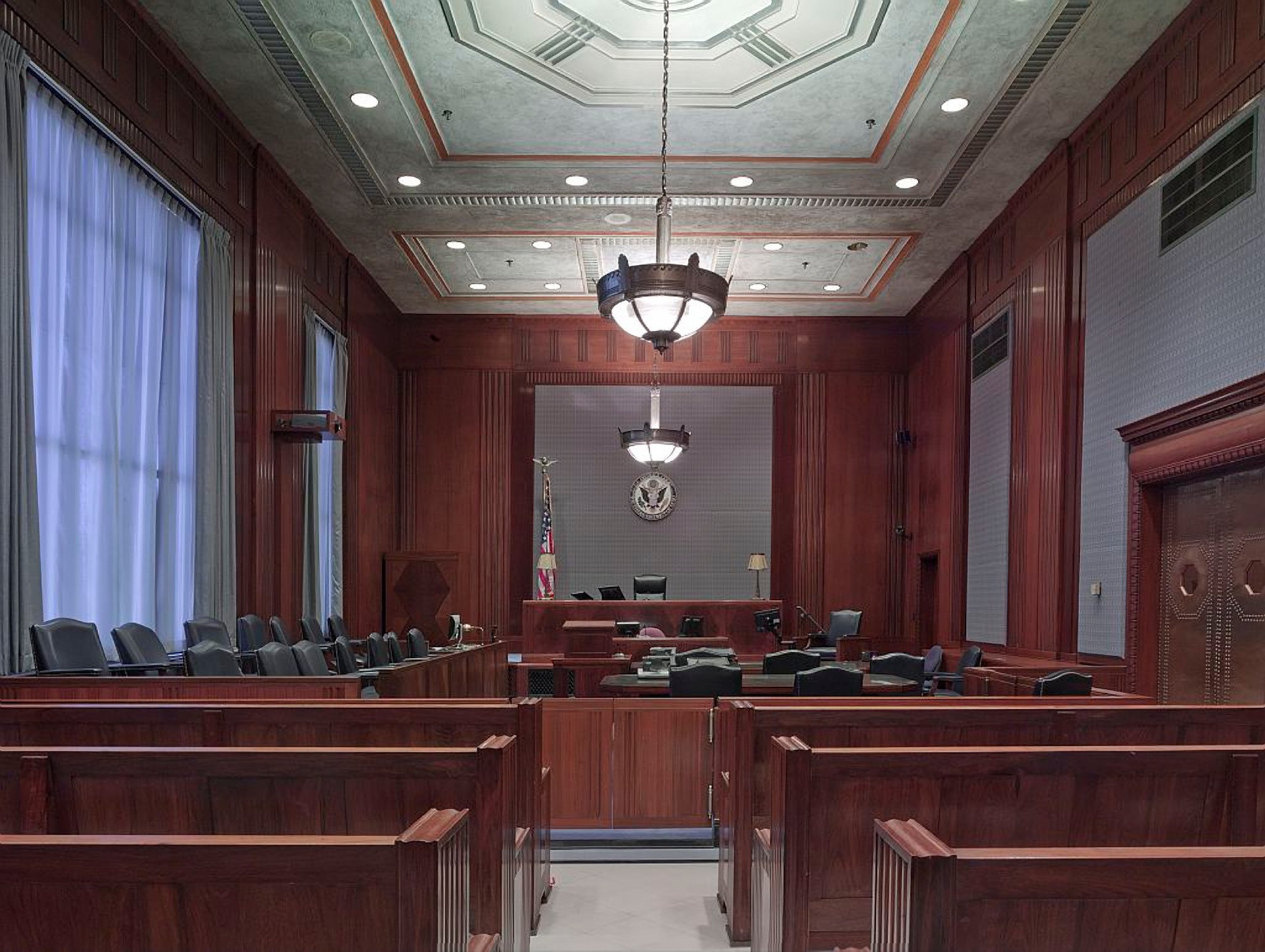
It is possible for people of all ages to commit a crime. If the person is under the age of 18, they are known as a juvenile offender in New Jersey. Juvenile delinquency may be the result of committing a criminal act, disorderly persons offense, petty disorderly persons offense, or a violation of a penal statute, ordinance, or regulation. In New Jersey, all juveniles must have legal representation when they are charged with a crime. If their parents or guardian cannot provide one for them, a public defender may be requested. Continue reading below to learn more about these cases.
When a juvenile case takes place, there are two main goals of the court during this time. This includes holding the child accountable for their actions as well as rehabilitating them. This is done by determining if the individual committed the crime they are accused of. Depending on the nature of the offense, it is possible for the juvenile to be taken into the custody of a juvenile facility. When the court makes a decision, it is based on several factors: the nature of the crime, its severity, the age of the offender, and if they have a prior record. The case can then be handled in one of the following ways:
If a juvenile is guilty of committing a crime, they can face the following consequences as a result of their actions:
Kevin T. Conway is an experienced Bergen County criminal attorney handling DUI, DWI, traffic violations, violent crimes, sex crimes, illegal gun possession, shoplifting, and juvenile crimes. Attorney Conway is also experienced in commercial law matters, zoning law, and estate planning. If you need an aggressive criminal lawyer, contact The Law Office of Kevin T. Conway for a free consultation.
© 2024 The Law Office of Kevin T. Conway. All rights reserved.